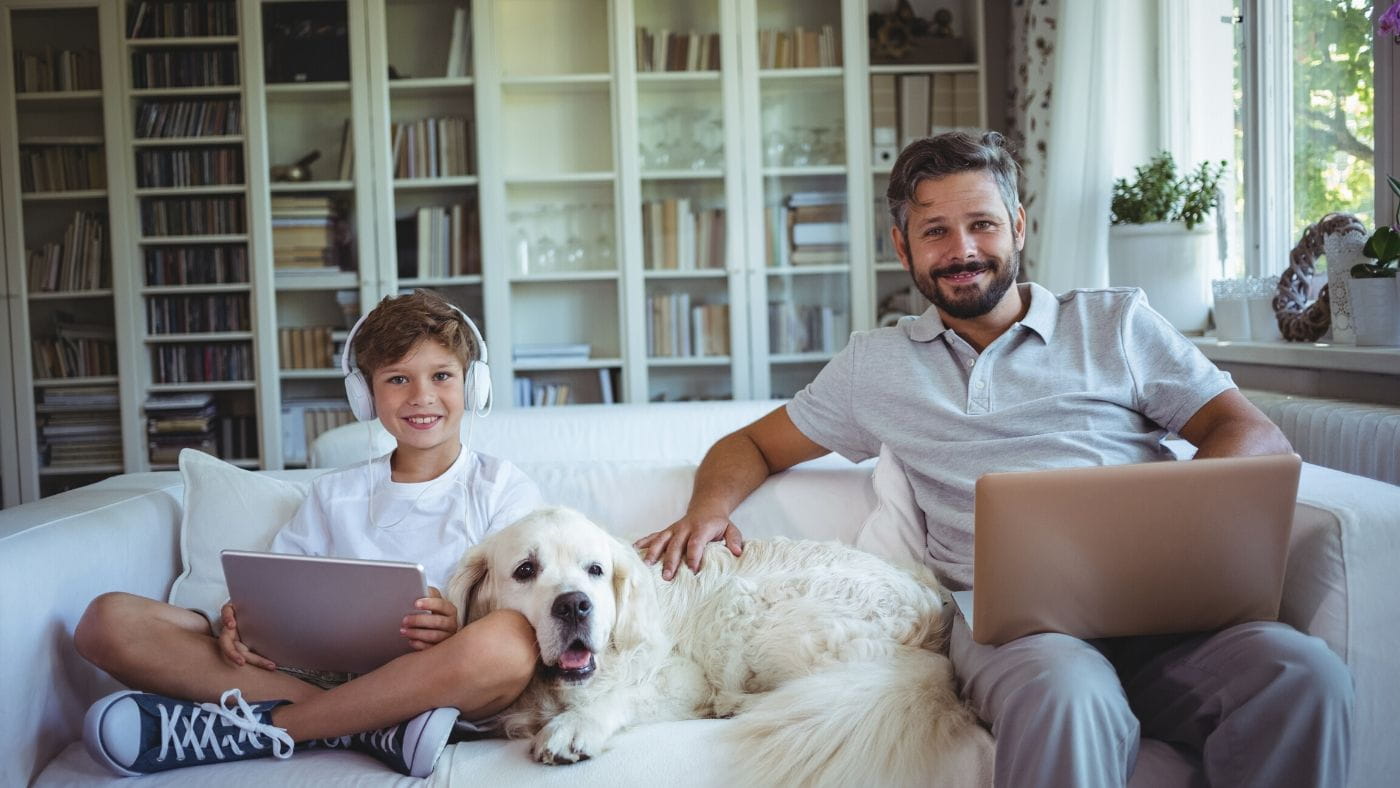Creative ways to keep your team in touch and connected
Physical distancing doesn't mean social disconnection. During this global health crisis social connectedness and support can reduce stress, loneliness and increase health and wellbeing.

Tips for supervisors
-
Hold morning updates
Use video conferencing to check in so the team stays on track and important news is communicated.
-
Over-communicate
Repeat your messages several times, re-post content and announcements on several channels and platforms to make sure they reach everyone.
-
Hold walking meetings
Everyone gets out walking for the meeting and afterwards you share photos.
-
Desk buddies forever
Encourage desk buddies to remain connected on a daily basis.
-
Virtual coffees
Get the team together on video and have a coffee and chat, or a drink after work.
-
Team socialising
Set up a book club or movie club, hold trivia nights, attend the same webinar or set up regular meditation, yoga or stretch sessions.
-
Discuss your worries or concerns and seek support
Share personal stories, photos, videos (pets, home office, walks, garden, food) so that the team feels bonded. Set up a place to recommend online events and classes, books, Netflix series, movies and songs.
-
Have fun
Laughter, play, music, friendship, dancing and singing haven't been placed on hold–enjoy them together!
Emotions can be contagious
Stress and anxiety can spread among a group. It is therefore important to mitigate stress and anxiety before they escalate between group members.
The role of supervisors
Emotion is even more contagious between supervisors and their staff. Staff look to their supervisors for cues about how to react to sudden changes or crisis situations. If the leader communicates stress and helplessness, this will have a trickle-down effect on staff.
As a supervisor in a crisis situation such as this, you should:
- Pay extra attention to your own wellbeing and be sure that you're physically and emotionally able to help others.
- Take care of yourself so that you can best care for others.
- Show positive emotional expression to uplift your staff's mood.
Building a social identity
Social identity is our internalised sense of membership in a group, like a team at work.
When a group’s sense of shared identity increases, members provide each other with more social support and resist the adverse effects of situational stressors.
You can develop a strong social identity through:
- A common goal – this can resolve conflicts and facilitate cooperation
- Positive group perception
- Shared norms and values.
These are three types of social support you can offer to your team:
- Practical support (practical help, assistance, or financial support)
- Informational support (providing information and advice to help in problem solving)
- Emotional support (comfort, sympathy, encouragement).
Fact sheets
- COVID-19 Managing stress together as a group - Fact sheet for leaders 0.08 MB(pdf)
- COVID-19 Working from home - Fact sheet for employers 0.09 MB(pdf)
- COVID-19 - The importance of compassion - Fact sheet for staff working from home 0.09 MB(pdf)
- COVID-19 and working from home - Fact sheet for employees 0.10 MB(pdf)

